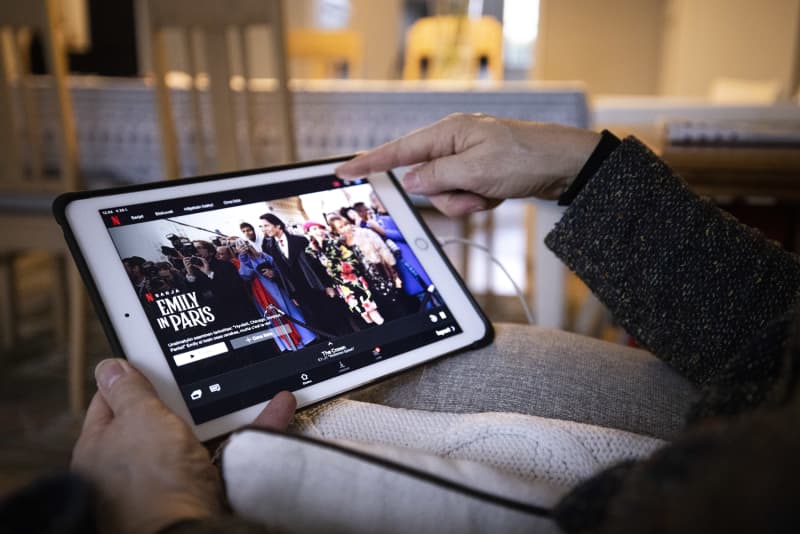
A change in the law under the EU directive would also better protect the rights of actors and visual artists in their works.
The long-debated reform of the Copyright Act is finally on its way to Parliament.
These are the final moments, as yesterday, Wednesday, the European Commission brought an action against Finland and five other countries. These countries have not transposed the Copyright Directive into their national legislation. If Finland fails to change its legislation, it could face a fine of millions of euros.
The Copyright Act was last reformed 20 years ago. The reform is now based on the amendments to the Copyright Directive adopted by the European Union in 2019. The EU obliges member states to transpose the reform into national law.
The aim of the reform is, for example, to improve the rights of music creators, actors, photographers and other content creators in the creative field to their own works.
The member states were supposed to bring their laws into line with the directive within two years. In Finland, there has been stricter hand-wringing about the law than in many other countries. Finland is currently already a year and a half late in implementing the directive.
If the culture committee of the parliament gets the bill processed, it may proceed to the plenary session next week.
Organisations: you can live with the bill
According to copyright organizations, the proposal that the committee is considering this week is one that you can live with.

The purpose of the law is to secure better rights for authors and, to that extent, also compensation for the work they do. Timonen tells an example of an actor who plays a role in a TV series aimed at the international market:
– Currently, each creator negotiates his contract alone with the company responsible for the production of the series.
– Usually it works out that the actor does his job and gets a lump sum for everything. After that, he no longer has rights to the results of his work.
Even if the series would later take off internationally and generate large amounts of money, the actor would not profit from it at all.
After the law change came into effect, the compensations received by the actors would be negotiated collectively, through copyright organizations.
The organization negotiates compensation on behalf of the actors, so the income that will come from the sale of the TV series, i.e. the royalties.

According to Timonen, Actors often remain unemployed between productions. At the same time, the series starring the actor might make money for the entity that owns the rights, for example for a streaming service.
Who remembers the Article 17 debate?
The amendment of the EU copyright directive has been accepted in the majority of EU countries. Instead, for some reason, Finland has returned to the debate that raged before during the ratification of the European directive.
Article 17 of the reform was feared to restrict freedom of speech, disappear memes from the internet and censor internet users. At the same time, the services that distribute online content monitor their own rights and income.
Now making memes is protected to the letter of the law. The proposed text says that the use of works in the digital environment is facilitated in cross-border situations such as making memes.

The directive and, to that extent, national laws have the greatest impact on large online companies, such as YouTube, Facebook and Googlenews.
According to Teosto, which oversees the rights of music creators, it is important that the responsibility of online content distribution services for the content they share is clarified, and the services’ obligation to negotiate fair agreements with rights holders is confirmed. It means that, for example, Tiktok or YouTube agree with the rights holders on the compensations to be paid for copyrighted music.
– According to the new law, Tiktok, for example, must obtain permission and pay compensation to Teosto for the use of the works offered on the service, whose copyrights we control. Once the music rights have been agreed upon, it would be freely available to Tiktok and its users. This also improves the position of consumers, when the license obtained by the platform also covers the actions of consumers, Härmänmaa states.
According to Antti Härmänmaa, it is important that European legislation is unified. Music knows no borders.
Copyright organizations are anxiously waiting for the law to be considered in the culture committee. If the text still has to be filed, the law will hardly make it to parliament before the elections.
*Are you wondering about the new copyright law? You can discuss the matter on 17.2. 2023 until 11 p.m.*
This is how the EU directive was discussed at the time of its decision:
